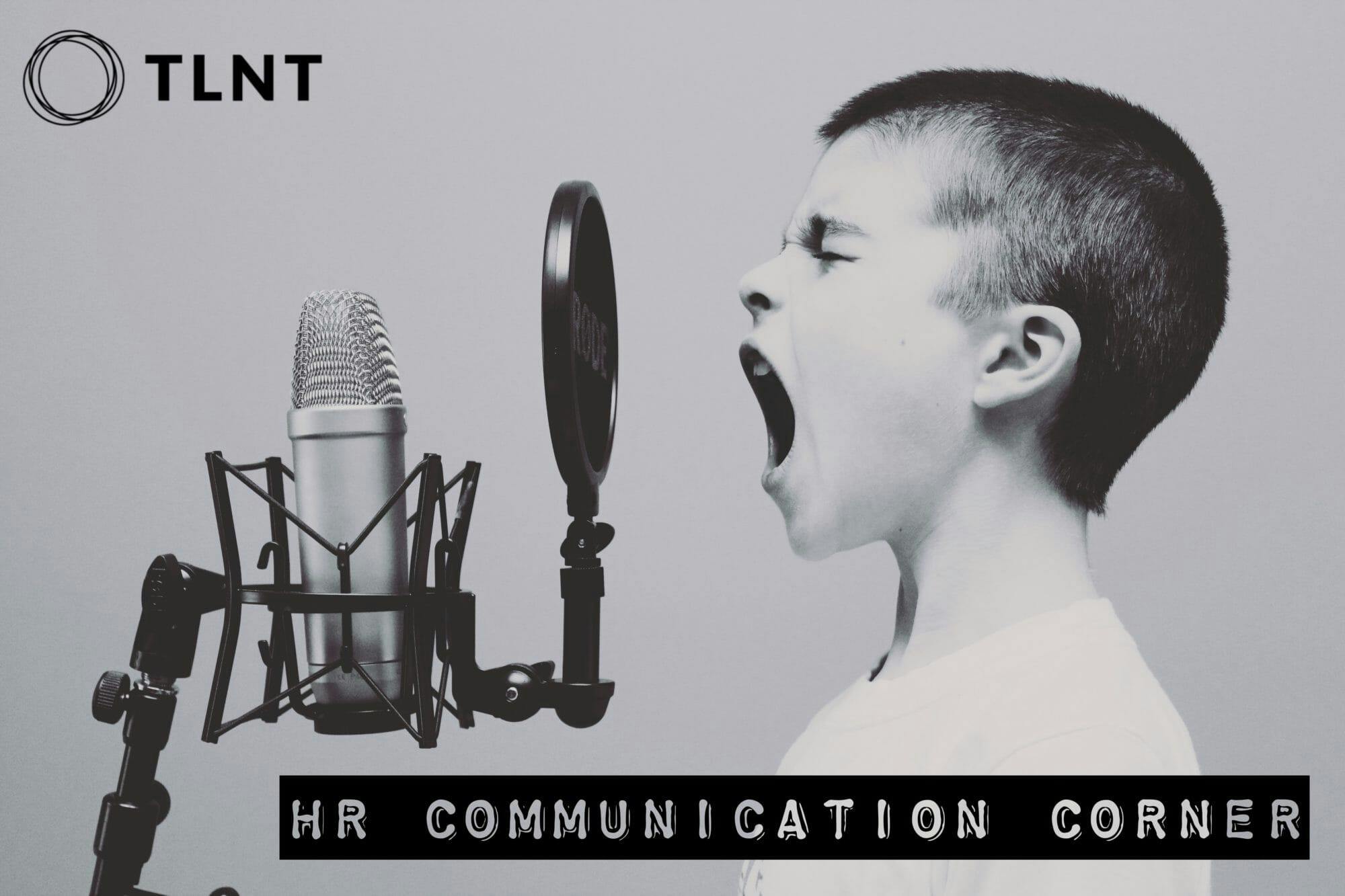You’ve probably heard of Basecamp, the popular project-management tool for team collaboration. The company, 37Signals, that produced this software hit the big-time when its founders wrote and launched their book (Rework by Jason Fried and David Hansson) about strategies for growing their company to success. To top off the launch, they collected endorsements from several heavy-hitters like Mark Cuban, Seth Godin, and Tom Peters.
It’s not an unlikely scenario: Books written about growth strategies, management philosophies, people development, marketing techniques, and financial acumen are written and published every day by “ordinary,” intelligent professionals who know how to communicate solutions to problems.
Why not you? Are you serious about positioning yourself as an industry leader in the HR field? How valuable to your organization would it be to have a book and its author routinely gaining visibility in national media for your product or service? Or visibility in the HR industry itself? Books on new theories of learning or course development, new recruiting methods or hiring practices, the dynamics of creating culture change, or merging companies without chaos?
Do you have something worthwhile to say to those in your industry about such topics?
At the outset, let me highlight that anybody today can publish a book and have it on Amazon for sale in 48 hours — sometimes listed as a “bestseller” if they know the listing tricks. If you don’t believe it, consider Brent Underwood’s experiment and satirical book called Putting My Foot Down.
But self-publishing typically will not achieve the results most professionals want for their effort: Increased credibility as a thought leader. Expanded industry exposure. Visibility in major media outlets. Increased notoriety for the organization. Financial rewards. Personal satisfaction in getting their message out into the world.
So what keeps HR leaders from communicating their organization’s successes by writing and publishing a book? Three things: Time commitment. Not knowing where or how to start. Fear of failure.
Breaking Down the Barriers to Writing and Publishing Your Book
Get a System
Einstein once observed: “My mind is my office.” If you’re like me, you’re going to need more space than that — plus, a repeatable, consistent system.
Writing the draft copy of your full-length book can be done in 28 or fewer days. How long is a full-length book? Many, if not most, publishing contracts today ask for books from 30,000 to 45,000 words (133 to 200 pages). That’s about 4 to 6 times the length of a typical company white paper.
The reason some aspiring authors say writing a book takes “too long” is that they let it. As with most tasks, writing a book expands to fill the time allotted to it. For me, I’ve drafted a book in two days, while my longest book (105,000 words) took me 21 days. My typical time for writing a book is 12 to 14 days. (I keep a log of daily output because I have a company to run and other interests!)
I follow my own specific 12-step process that, for me, is logical, fast, and repeatable for a variety of book topics. Your plan may differ. But you do need one — a solid step-by-step map so that you don’t waste time and effort taking unnecessary side trips on the way to “the end.”
Here are the essentials for writing your book quickly: The mindset to get it done. A functional workspace. An outline. Solitude. Scheduled time on your calendar.
Sell Your Book Before You Write It
Yes, you read that right. Publishers will send you an advance check against royalties before you write. For a self-help or business book and basically all nonfiction, the publishing protocol involves preparing a proposal first. An agent “shops” the proposal around to editors at the major houses in much the same way a real estate agent works. (Actually, while my agent is selling the book, I go ahead and start writing it. So by the time the agent calls to say they have a contract offer, my book is finished. But you may prefer to wait before drafting until a deal is firm.)
If you can’t sell the book with your proposal, stop there. Assume something’s wrong with your plan: Either your topic needs to be reshaped, or you need to build a bigger platform (audience) before launch.
Narrow Your Focus and Audience
The absolutely most difficult thing for my coaching clients to do is to “think smaller” rather than “think bigger.” Often, they come to a publishing workshop or coaching session with only topic in mind, thinking that the big world out there will be interested in their expertise, theories, techniques, or advice in general. It won’t.
Even if there’s a broad audience for your topic, you simply can’t market to the entire world. You have to narrow your topic to reach your best audience. That’s why books on very narrow topics (like grammar, cover letters, interviewing) can sell millions of copies. As the cliché goes, “The riches are in the niches.”
